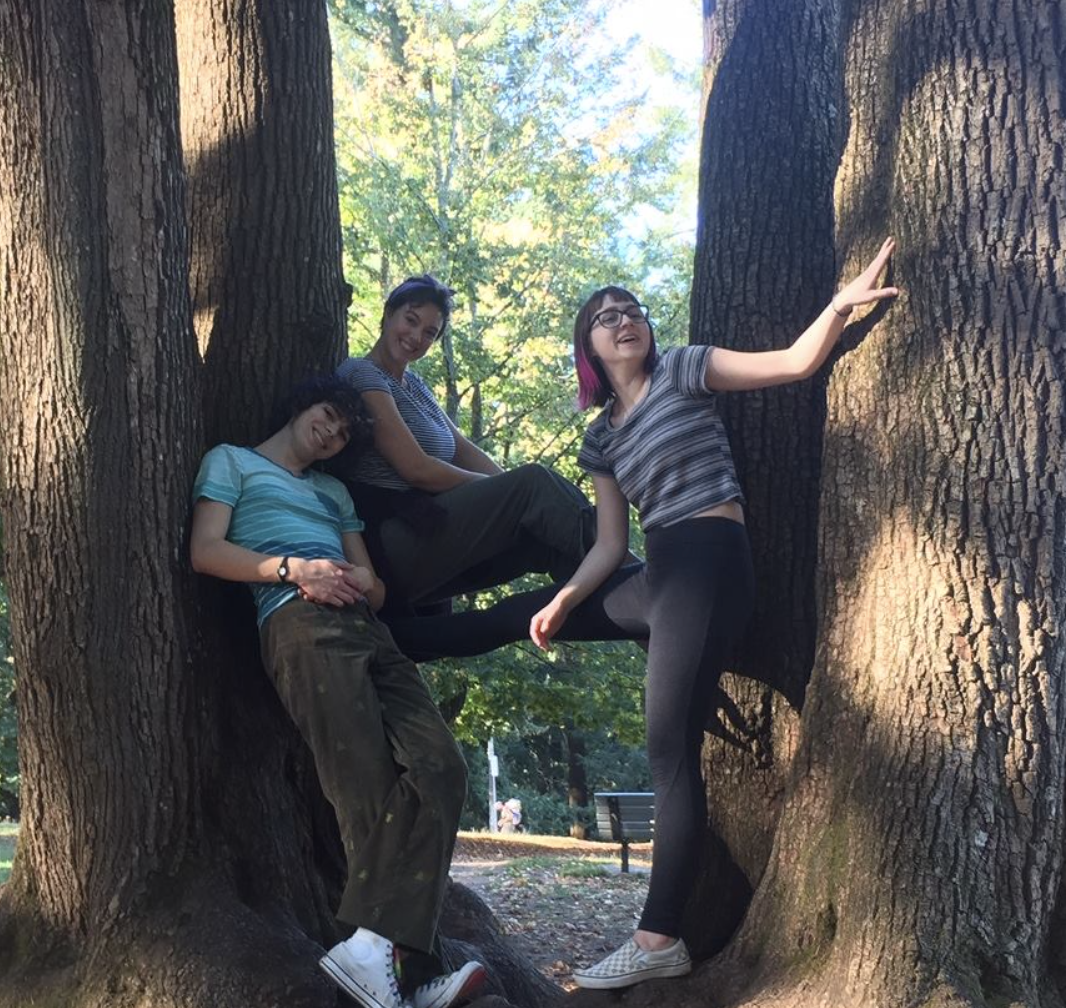
Community Life
In worship and decision-making, Quakers emphasize the role of community. We believe that communities are usually better at discerning and expressing truth than any one individual acting in isolation. And we tend to trust that something is deeply true when it brings us together.
Of course, Quakers aren’t the only ones to see power in the relationships that bind us together. In her book, Emergent Strategies, adrienne maree brown reflects on what ecosystems can teach us about the concept of interdependence. An ecosystem supports life because every part is in relationship with every other part. There’s a truth that lives in relationships, one that isn’t always apparent when the parts are isolated.
Better Together
“Are you actively practicing generosity and vulnerability in order to make the connections between you and others clear, open, available, durable? Generosity here means giving of what you have without strings or expectations attached. Vulnerability means showing your needs.”
It’s easy to assume that living together under one roof will make it easy to spend time with your Housemates. However, coordinating everyone’s schedules is a logistical challenge! Instead of relying on spontaneity, we ask Fellows to schedule their time together.
We expect your House to gather for a time of worship each week. You’re invited to experiment with the format of worship, but the schedule should be routine.
We expect you to gather for a time of decision-making each week. It lowers anxiety if there’s a predictable way to make decisions as a community. How will you set the agenda? How will you share the leadership of facilitating the conversation?
One decision you will face each month is discerning how you will collectively respond to the queries about your next steps in the program.
Gathering around the table is an important aspect of community life. QVS asks you to share a meal at least once per week. What meals do you want to eat together? How will you adjust the schedule if that becomes necessary? How will you share the work of cooking and cleaning?
At least once a month, schedule time to do something fun as a group. You might share stories, play a boardgame, volunteer in the neighborhood, or attend an event. What activities are fun for everyone? How often will you get together for the sake of joy?
Put It on the Calendar
There’s a fundamental difference between being polite and being in community. Two people can be unfailingly polite to one another for many years and still not be in community with each other.
To enter authentic community, people must be real with each other. This requires the kind of vulnerability and risk that “politeness” allows us to avoid.
Your Coordinator has community-building resources to share, but no one outside the community can build the community for you. You and your Housemates will need to build trust with each other. You’ll need courage and humility to name the conflicts that threaten to divide you, then find creative ways of addressing them. This work is integral to the QVS program.
Community is Work
Conflict isn’t a failure of community! It is a feature of community life. If you find yourself in conflict with a Housemate, please speak directly to the individual with the goal of restoring (or improving) your relationship. You don’t have to be best friends with everyone in the House, but we hope you will look for ways to support one another all year long.
If the situation isn’t resolved by a direct conversation, invite a neutral third-party to help. If you need more help, bring the issue to your House community. If the conflict persists, ask your Coordinator to get involved.
Please let your Coordinator know about any conflict that feels significant to you. Even if Coordinators don’t involve themselves directly, they want to support Fellows doing this work.
QVS staff will intervene immediately if there is violence (or a threat of violence), or if someone is being harassed.
Conflict
Fellows need to consider how race, class and other aspects of identity have shaped the way we think about community. Because we have different backgrounds, we might hold different assumptions about privacy, conflict, managing resources, and other aspects of community life. Unless your House examines these assumptions, it’s unlikely that you’ll create a pattern of life that truly works for everyone. If you assume this conversation happens on a level playing field, then you discount the legacy of white supremacy, patriarchy, heteronormativity and other ways the dominant culture has defined normalcy.
As you and your Housemates create a mindful, inclusive framework for living together, you participate in the creation of a more just world.
What makes your home feel like a place of safety? What makes your home feel like a place of joy? When you talk about your life together, how will you make room for those whose experience is often marginalized?
Community and Identity
Because true community takes time and energy, we ask Fellows to be very selective about outside commitments. We strongly advise against the added stress of a second job. Will participating in a sports league or arts group add to your capacity for community building, or will these activities drain energy away? How do outside relationships (romantic or otherwise) affect your availability?
Based on our experience, we strongly caution Fellows about forming romantic relationships inside the House. If a romance develops, please communicate openly with your Coordinator and with your House.
